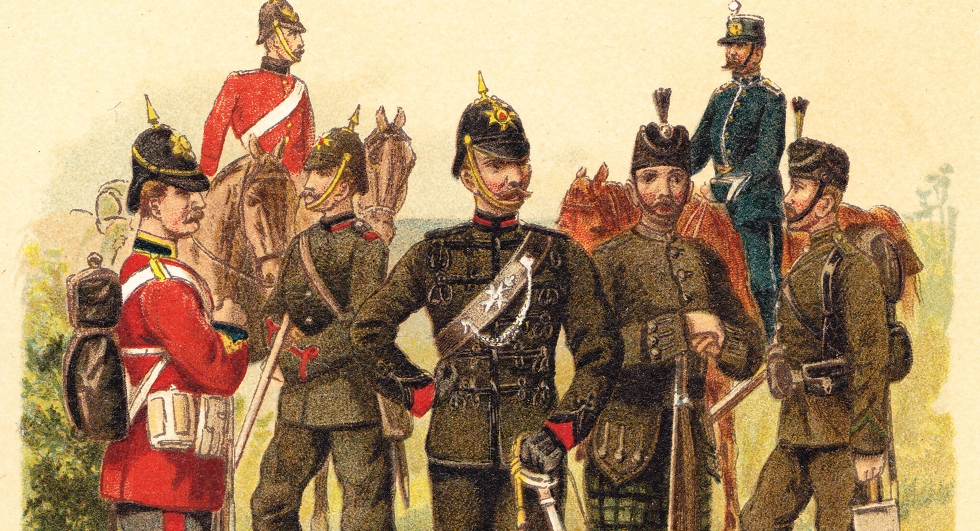Chemical Engineer - What's in a Name?
An occasional contributor to the Oxford English Dictionary (one who hopes his notification of Hazop [n. & v.] will eventually appear), Martin Pitt looks at the origins of the name Chemical Engineer
WHAT the Arabs called al-kīmiyā became alchemy in English, with their potions being alchemical. Once it was realised that al was just Arabic for “the”, alchemists became chemists (though we have not altered alcohol, alkane, alkali, or algebra) and their work became chemistry. Chemistry is about changing substances into other substances, which seems magical to the outsider. Unlike the alchemist, the chemist knows the fundamental nature of matter, so the magic of chemical change can be accomplished with confidence.
But what’s an engineer?
Engine originally meant cunning or artfulness and was applied to plans or schemes rather than objects. Chaucer wrote in The Second Nun’s Tale: “a man hath sapiences thre, Memorie, engyn, and intellect also.”
It comes from the same root as genie or genius which was originally a guardian spirit allocated to every individual. It later meant your nature – you might have a good or evil genius, a clever or foolish one. Hence ingenious refers to the clever spirit in your head, and an engineer was someone who could make cunning plans, rather than objects. In 1635, Satan was described as “that great engineer”.
The modern translation is: man has kinds of wisdom three, Memory, genius, and intellect also
The use of engine as an object began when complicated devices used by the military came to be known as engines of war. In 1716, the British Army established a Corps of Engineers, separate from the Royal Artillery, to design fortifications and contraptions. They were all officers, so from the outset were distinguished from the labourers and craftsmen who made up the companies of artificers, sappers and miners that implemented the designs of the engineers (a sapper was a trench-digger, with army engineers colloquially known as sappers today).
It gained its “Royal” prefix in 1787 to become the Royal Corps of Engineers, and the word engineer meant a type of military officer. Many did similar things when they returned to civilian life, while others designed bridges, buildings, tunnels, contraptions etc with the same set of skills.

In 1818, the Institution of Civil Engineers (ICE) was formed to distinguish themselves from those who did engineering by contract rather than force of arms. They applied for, and got, a Royal Charter in 1828, thus establishing engineers as serious professional gentlemen as opposed to working class (of course, there was no question of women having such status).
Some of these engineers focused on the mechanical side and formed their own institution in 1847. However, ICE resented this departure, regarding itself as the body for all engineers and strongly resisted their awarding of a charter, which only happened in 1930. Prior to this, many mechanical engineers stayed with ICE to become chartered.
In 1871, a Society of Telegraph Engineers was formed, changing to the Institution of Electrical Engineers in 1888. ICE raised fewer objections to their charter which was awarded in 1921. Interestingly, Arthur Duckham joined ICE in 1918 as the general professional engineering society before going on to become one of the founders and the first president of IChemE.
All three bodies joined together in resisting the award of a charter to IChemE, claiming the members were predominantly chemists, not engineers, but eventually, in 1957, chemical engineer had the same professional status as the other three.
So, to sum up, a chemical engineer is an ingenious and magical person in a distinct profession, complementary to and cooperative with other engineering professionals.
Recent Editions
Catch up on the latest news, views and jobs from The Chemical Engineer. Below are the four latest issues. View a wider selection of the archive from within the Magazine section of this site.




